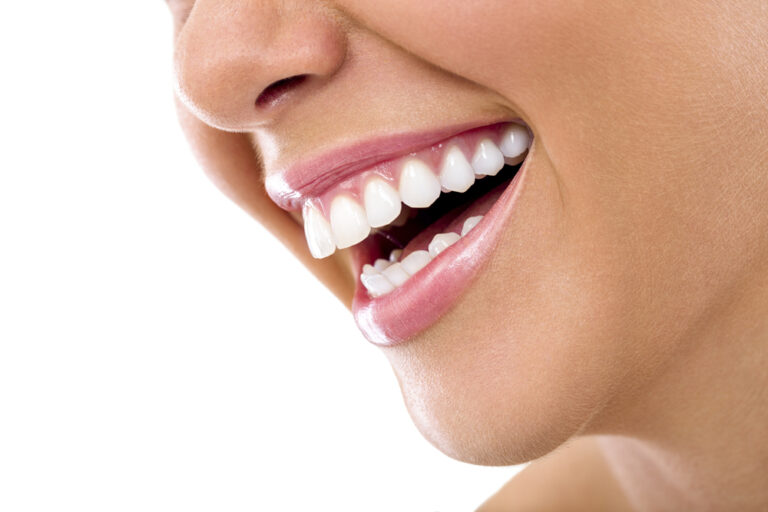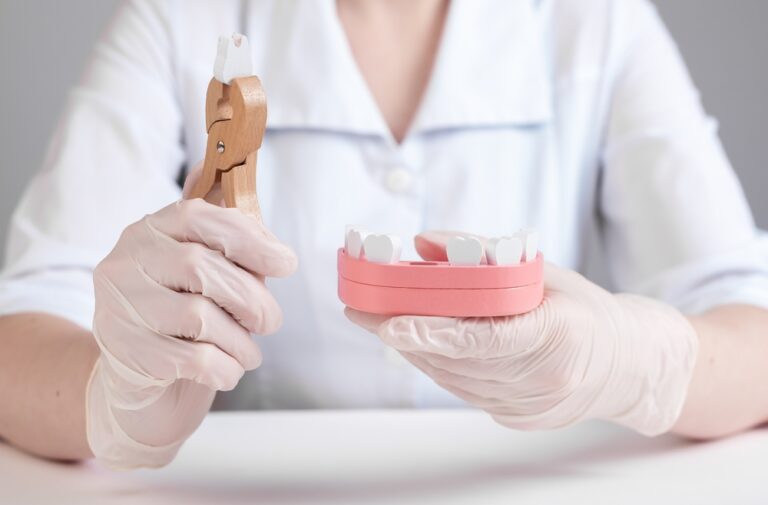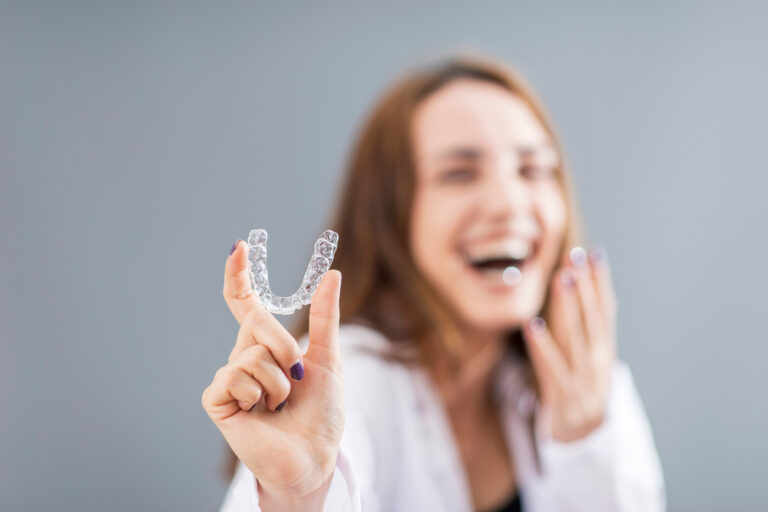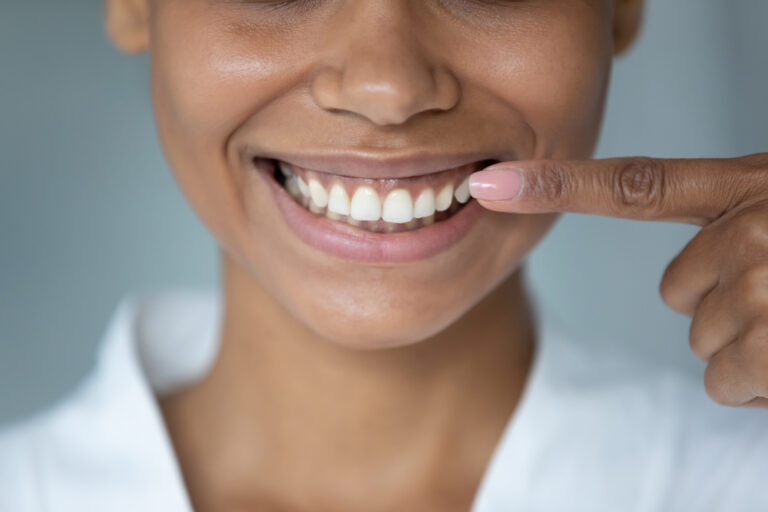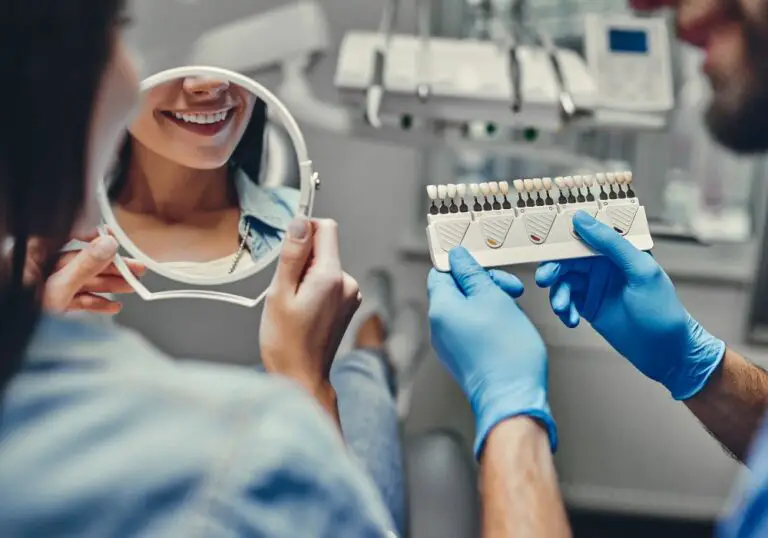Do you have a sweet tooth but worry about the damage it might cause to your teeth? Many people love to indulge in sweets, but the fear of cavities and other dental problems often holds them back. Fortunately, there are ways to enjoy your favorite treats without harming your teeth.
One of the most important things to keep in mind is that not all sweets are created equal. Some candies and sweets can harm your teeth more than others. Sticky and chewy sweets, like caramels and gummies, can linger in your mouth and stick to your teeth, providing a feast for bacteria that cause cavities. Hard candies and lollipops that are sucked on for a long time can also be harmful, as they expose your teeth to sugar and acids for an extended period.
So, how can you satisfy your sweet tooth without damaging your teeth? There are a few tricks that can help. Choosing sweets that are less harmful to your teeth, like dark chocolate or sugar-free gum, can be a good start. Additionally, rinsing your mouth with water after eating sweets and waiting at least 30 minutes before brushing your teeth can help to reduce the amount of acid in your mouth and prevent damage to your tooth enamel.
Understanding the Relationship Between Sweets and Teeth

If you love sweets but also care about your dental health, you may be wondering how you can indulge in your favorite treats without damaging your teeth. To answer this question, it’s important to understand how sugar affects your teeth and how cavities form.
Effects of Sugar on Teeth
When you consume sugary foods or drinks, the bacteria in your mouth feed on the sugar and produce acid as a byproduct. This acid can erode your tooth enamel, which is the hard outer layer of your teeth that protects them from damage. Over time, this can lead to tooth decay and cavities.
The more frequently you consume sugary foods and drinks, the more acid your mouth produces, and the greater your risk of tooth decay. Additionally, sticky sweets like caramels and gummies can cling to your teeth and prolong the exposure to sugar and acid.
How Cavities Form
Cavities form when the acid produced by bacteria in your mouth eats away at your tooth enamel and creates a hole or pit in your tooth. Once a cavity forms, it can continue to grow and deepen if left untreated.
Cavities can cause a range of dental problems, including sensitivity, pain, and infection. In severe cases, a cavity may require a root canal or even extraction of the affected tooth.
To prevent cavities, it’s important to brush your teeth twice a day with fluoride toothpaste, floss daily, and visit your dentist regularly for checkups and cleanings. You can also reduce your risk of cavities by limiting your consumption of sugary foods and drinks and choosing healthier options instead.
In summary, while sweets can be enjoyable, they can also have negative effects on your dental health. By understanding how sugar affects your teeth and how cavities form, you can take steps to protect your teeth and still enjoy your favorite treats in moderation.
Choosing the Right Sweets

When it comes to satisfying your sweet tooth while keeping your teeth healthy, choosing the right sweets is crucial. Here are a few things to keep in mind:
Sugar Content in Common Sweets
Sugar is the main culprit behind tooth decay, so it’s important to be aware of how much sugar is in the sweets you’re eating. Here’s a quick breakdown of the sugar content in some common sweets:
| Sweet | Sugar Content |
|---|---|
| Candy | High |
| Chocolate | Moderate to High |
| Ice Cream | High |
| Cookies | High |
| Cake | High |
As you can see, most sweets are high in sugar, which means they can be harmful to your teeth. However, there are some healthier alternatives that you can choose instead.
Healthier Sweet Alternatives
If you’re looking for a sweet treat that won’t damage your teeth, here are a few healthier alternatives to consider:
- Fresh fruit: Fruit is nature’s candy and is a great way to satisfy your sweet tooth without harming your teeth. Some low-acid fruits that are particularly good for your teeth include bananas, strawberries, melons, and peaches.
- Sugar-free gum: Chewing sugar-free gum can help stimulate saliva production, which can help neutralize the acids in your mouth and prevent tooth decay.
- Dark chocolate: Dark chocolate contains less sugar than milk chocolate and also has antioxidants that can help protect your teeth and gums.
- Yogurt: Choose plain or Greek yogurt and add fresh fruit or a drizzle of honey for a sweet treat that’s also good for your teeth. Yogurt contains calcium and probiotics that can help strengthen your teeth and gums.
By choosing the right sweets, you can satisfy your sweet tooth without damaging your teeth. Remember to brush and floss regularly and visit your dentist for regular checkups to keep your teeth healthy and strong.
Practices for Eating Sweets
When it comes to satisfying your sweet tooth, it’s important to be mindful of the impact that sugary treats can have on your teeth. However, you don’t have to completely give up sweets to maintain good oral health. By following a few simple practices, you can enjoy your favorite treats without damaging your teeth.
Best Time to Eat Sweets
The timing of your sweet consumption can make a big difference in how it affects your teeth. Here are a few tips to keep in mind:
- Eat sweets as part of a meal: Eating sweets with a meal can help to neutralize the acids in your mouth and reduce the risk of tooth decay.
- Avoid snacking on sweets throughout the day: Frequent snacking can lead to a constant supply of sugar for bacteria to feed on, increasing the risk of tooth decay.
- Brush your teeth after eating sweets: Brushing your teeth after consuming sweets can help to remove any leftover sugar and reduce the risk of tooth decay.
Quantity Control
Another important factor to consider when eating sweets is the amount that you consume. Here are a few tips to help you control your sweet intake:
- Choose sweets wisely: Some sweets are more damaging to teeth than others. Sticky candies, for example, can cling to teeth and increase the risk of tooth decay. Try to choose sweets that are less likely to stick to your teeth, such as chocolate.
- Limit your portion size: Instead of eating an entire bag of candy, try to limit yourself to a small portion. This can help to reduce the amount of sugar that comes into contact with your teeth.
- Rinse your mouth with water: After eating sweets, rinse your mouth with water to help wash away any leftover sugar.
By following these practices, you can enjoy sweets without putting your teeth at risk. Remember to be mindful of your sweet consumption and take steps to maintain good oral health.
Oral Care After Eating Sweets

Eating sweets can be enjoyable, but it can also cause damage to your teeth. It is important to take care of your oral health after consuming sugary treats. Here are some tips to help you maintain good oral hygiene:
Proper Brushing Techniques
Brushing your teeth after eating sweets is crucial to remove any sugar or food particles that may be stuck in your teeth. Use a toothbrush with soft bristles and fluoride toothpaste. Brush your teeth for at least two minutes, making sure to brush all surfaces of your teeth, including the front, back, and chewing surfaces. Don’t forget to brush your tongue as well. Rinse your mouth thoroughly with water after brushing.
Importance of Flossing
Flossing is an important part of oral care that should not be overlooked. It helps to remove food particles and plaque from between your teeth and along the gumline. Use about 18 inches of floss and wrap it around your fingers, leaving about two inches of floss to work with. Gently slide the floss between your teeth and move it up and down, making sure to curve it around the base of each tooth.
Role of Mouthwash
Mouthwash can help to freshen your breath and kill bacteria that cause bad breath and tooth decay. Choose a mouthwash that contains fluoride to help strengthen your teeth. Swish the mouthwash around in your mouth for at least 30 seconds before spitting it out. Do not swallow the mouthwash.
In summary, taking care of your oral health after eating sweets is important. Proper brushing techniques, flossing, and using mouthwash can help to maintain good oral hygiene. Remember to visit your dentist regularly for check-ups and cleanings to keep your teeth healthy and strong.
Frequently Asked Questions
How can I protect my teeth when eating sweets?
To protect your teeth when eating sweets, it is important to limit the amount of time that sugar is in contact with your teeth. This means consuming sweets in one sitting rather than snacking on them throughout the day. Additionally, you can drink water while eating sweets to help rinse away any sugar that may be lingering in your mouth.
What are some sweets that are less harmful to my teeth?
Some sweets that are less harmful to your teeth include sugar-free gum, dark chocolate, and fresh fruit. These options either contain less sugar or have natural sugars that are less likely to cause tooth decay.
Is it okay to rinse my mouth with water after eating sugary treats?
Yes, it is recommended to rinse your mouth with water after eating sugary treats. This can help wash away any sugar that may be on your teeth and reduce the risk of tooth decay.
How long does it take for sugar to damage my teeth?
It only takes a few minutes for sugar to begin damaging your teeth. When sugar is consumed, it mixes with the bacteria in your mouth to create an acid that attacks your tooth enamel. This acid can continue to damage your teeth for up to 20 minutes after eating sweets.
Should I brush my teeth immediately after eating sweets?
It is not recommended to brush your teeth immediately after eating sweets. This is because the acid created by sugar can soften your tooth enamel, making it more susceptible to damage from brushing. Instead, wait at least 30 minutes after eating sweets before brushing your teeth.
Can I eat sweets without getting cavities?
While it is possible to eat sweets without getting cavities, it is important to practice good oral hygiene and limit your intake of sugary treats. This includes brushing your teeth twice a day, flossing daily, and visiting your dentist regularly for cleanings and check-ups.

